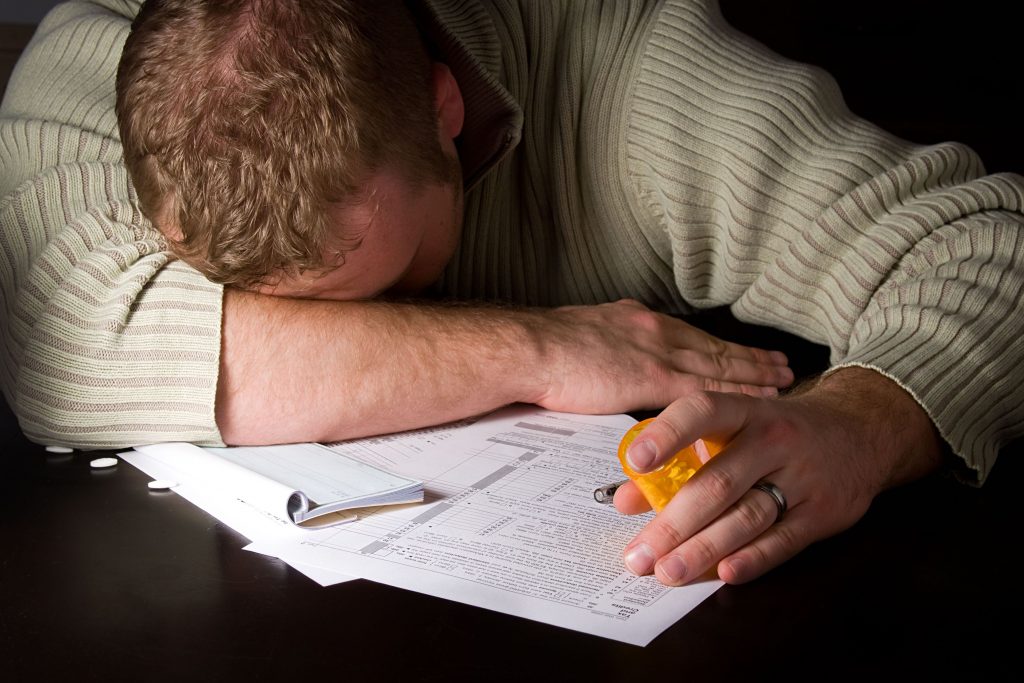A guest blog by Scott Hardin, Riverside Academic Tutoring
Every year I tutor dozens of students trying to boost their SAT and ACT scores to gain acceptance to the college of their dreams. Many of them, despite strong motivation and consistent effort, are unwittingly hampering their own efforts by not getting enough sleep. In fact many students discover that fixing their sleep patterns improves their performance in all aspects of their academic life. Some students with ADHD even find their need for medication is reduced once they optimize their sleep patterns.
How does a student know if lack of sleep may be hurting his or her performance? If you’re yawning during the day, you aren’t getting enough sleep. If you’re making more careless errors than you used to make, you’re probably not getting enough sleep. If you find yourself having to spend more time reviewing new material than you used to, you’re probably not getting enough sleep.
Subjective measures aside, if you suspect there may be room for improvement the first step is to **get some data**. Self reported sleep is typically overestimates actual time asleep. Fitness trackers and smart watches will now record your sleep automatically. Newer fitness trackers like the Fitbit Charge HR not only track sleep time but sleep quality. How much sleep should you be getting? That number varies from person to person but it’s typically between 7 and 8 hours. Don’t be surprised if your fitness tracker shows you’re getting less sleep than you think. We typically spend 10-25 percent of our time in bed awake!
The next step is to fix your artificial light exposure.
Ideally you will avoid artificial light 2 hours before bedtime. At first glance this may seem impossible. Even if you were to give up your iPhone after 8 or 9pm, you’d still need to finish your homework on your laptop.
The good news is there’s a hack for that: limit your exposure to the blue light. Scientists have learned that it is the blue frequencies specifically which tell the brain that it’s daytime and to put off producing melatonin (the sleep hormone). Electronics manufactures know this and that’s why they’ve started adding features like “night-mode” which reduce the blue light emitted from your device. While this is a good start, if you want to get your best night’s sleep you need to eliminate all blue light exposure.
The easiest way to fix this problem is to **wear glasses specifically designed to block the blue frequencies of light.** 90 minutes to 2 hours before you plan to go to sleep, put on the glasses and do not take them off. Often students find this technique works the very first night. The effects are not subtle. Many people describe an extreme sleepiness setting in just about 90 minutes after putting on the glasses.
Does this really work?
For most people, the answer is definitely “yes!” If you’ve ever been camping you know how often you end up falling asleep just a few hours after sunset, even if its just 8 or 9PM! In a natural environment, once the sun sets, our eyes are starved of blue light and the brain knows it’s time to prepare for a restful and rejuvenating night’s sleep. When you’re working on your laptop to finish a paper, this natural process is interrupted. The light from your laptop convinces your brain that its still daytime. Once you’ve finished your work and shut down your devices it often still takes a couple of hours for your brain to produce adequate levels of melatonin.
To improve your sleep even more you need to make sure you are getting some exposure to sunlight during the day. Direct sunlight on the skin and in your eyes makes it significantly easier for your body to tune into natural circadian rhythms. This step is definitely easier in the spring and the summer but its even more important in the winter months. The bright light of the sun, even on cloudy days, is thousands of times brighter than even the brightest artificial light. Exposing yourself to that contrast on a daily basis will help your body keep its circadian clock tuned.
Nicole has dedicated the entirety of her 20 year career to encouraging higher education opportunities. After graduating from Vanderbilt, she worked in her alma mater’s admissions office. The, she completed her PhD in Counseling so she could bring that expertise into college counseling. Nicole partnered with her former Vanderbilt colleague, Fitz Totten, to form Find The Right College and support their mission to make trustworthy advising more accessible.



